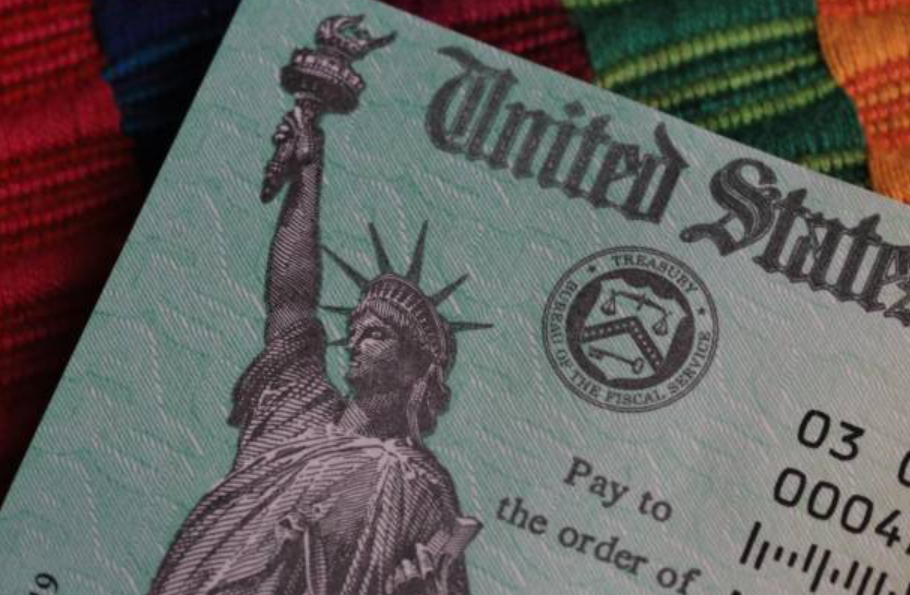The IRS delayed implementing a 2021 law mandating payment platforms like Venmo, Paypal, and Cash App to issue tax forms (1099-Ks) for individuals receiving over $600 in the present tax year.
This represents the second year in a row that the implementation of this rule has been postponed, continuing a trend of consecutive delays in its enactment for two years in a row.
The IRS cited the need to alleviate taxpayer confusion as the primary reason for the delay, following feedback from taxpayers, tax professionals, and payment processors.
Originally scheduled for implementation this year, the regulation’s postponement aims to prevent unnecessary complexities for taxpayers who might receive these forms despite not owing taxes on the payments.
Had the delay not been initiated, an estimated 44 million 1099-K forms would have been dispatched to numerous taxpayers, causing potential confusion due to unexpected tax reporting requirements, the IRS explained.
IRS Adjustments and Reporting Thresholds

Furthermore, the IRS disclosed its plan to gradually elevate the basic reporting threshold from $600 to $5,000 starting in the 2024 tax year as part of the phased implementation of the new rule.
This regulation, a provision in the 2021 American Rescue Plan, necessitates users to report transactions made through payment applications exceeding $600 annually for goods and services. Previously, the reporting requirement applied solely to sales exceeding $20,000 with over 200 transactions.
However, this alteration encountered opposition from online selling platforms like eBay and Etsy, which voiced concerns about confusion and complexity for sellers dependent on these platforms for income.
The delay also sought to address the ambiguity surrounding reportable transactions under the new law. Transactions involving personal exchanges among friends and family, as well as the sale of used items at a loss, might generate 1099-K forms despite not incurring tax liability.
IRS Commissioner Danny Werfel emphasized the phased approach as crucial for tax administration, aiming to avert confusion and facilitate smoother compliance for taxpayers, professionals, and businesses involved.
This additional delay, now extended to the tax year 2023, is geared toward mitigating potential challenges for all stakeholders involved.


Comments are closed.